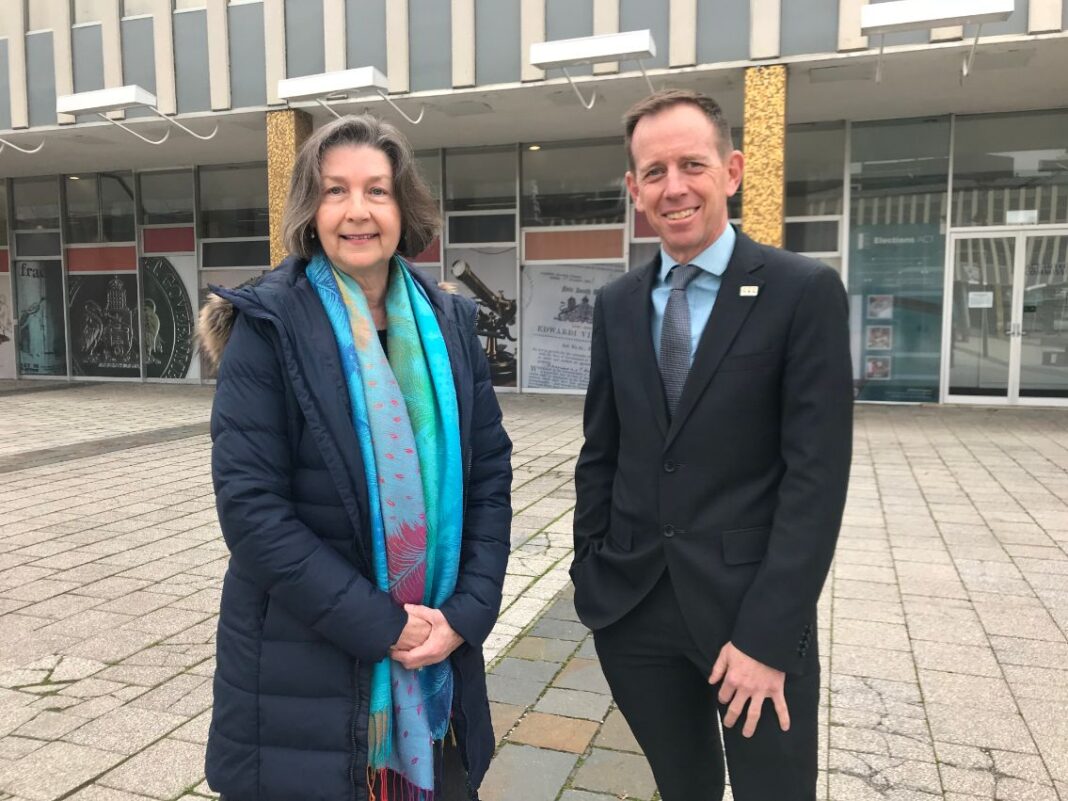Community organisations and individuals are being urged to apply for funding with ideas and programs that focus on community recovery following the mental health impacts of COVID-19.
The COVID-19 Mental Health and Wellbeing Innovation Grants Program was announced by ACT Mental Health Minister Shane Rattenbury today, Monday 29 June, committing $450,000 to the cause.
A pool of up to $300,000 can be accessed by larger organisations schools and accredited childhood services, while $50,000 will be available for individuals, community groups and smaller organisations.
A total of $100,000 is also committed to the cause but will remain in reserve until a community need arises.
All grants are set to go towards ideas and programs that will benefit mental health and wellbeing recovery coming out of lockdown.
Mr Rattenbury said the grants program would open the door to a wide range of innovative ideas.
“It’s meant to open the door for people to say they have an idea to tackle some of the mental health issues that have come from COVID-19,” he said.
“We know coming out of COVID and into the recovery stage we still have significant economic impacts flowing through.
“The mental health impacts in our community are potentially substantial and we expect them to last for a while.”
The grants are part of the $4.5 million mental health stimulus package announced by the ACT Government in May this year.
Office for Mental Health and Wellbeing Co-ordinator General, Dr Elizabeth Moore, said she hoped the grants would make a difference to what had been a tough year in the Territory.
“We have had a tough year – we have had bushfires, we have had hailstorms and now COVID,” she said.
“We know the economic impacts will increase our mental distress in some groups so what we are trying to do is build up some resilience and look at ways that we can improve each other’s mental health and wellbeing.”
Many community organisations have found ways to remain connected during the pandemic lockdown, and Ms Moore said she hoped these grants would bring groups forward to initiate more programs.
“We are looking at things like service organisations, sporting groups, perhaps your neighbourhood communities that think ‘I know how to improve the mental health and wellbeing in my neighbourhood’ and give it a go,” she said.
“Connection is really important for wellbeing. Routine is really important as well; getting enough exercise and good sleep is really important.”
For more stories like this:



